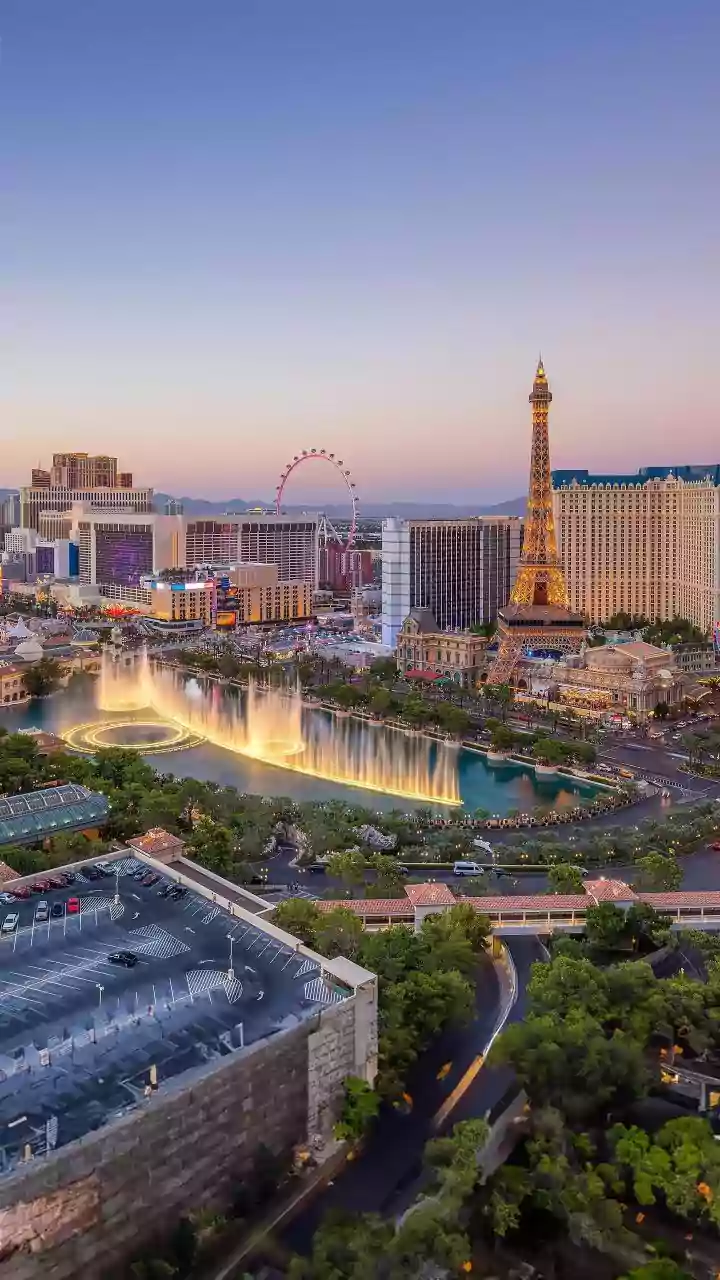Unlocking the Mysteries of Space Tourism: A New Era of Adventure Awaits! Dive into the future of space travel, from suborbital joyrides to orbital stays and lunar exploration. What lies ahead for space travelers?
Find out the thrilling possibilities that await in the cosmos!
The dream of touching the stars, once confined to the realms of science fiction, is rapidly transforming into a tangible reality. Space tourism, still in its nascent stages, promises a breathtaking adventure for those willing to venture beyond Earth's atmosphere.
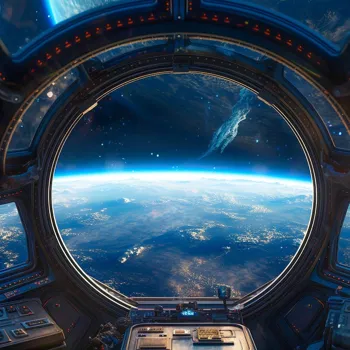
From suborbital flights to orbital stays, the options for experiencing the wonders of space are expanding, albeit at a hefty price tag. But what exactly does the future hold for this exciting new industry, and what can adventurous travelers expect?
Space tourism offers suborbital flights for brief weightless experiences, advancing personal space exploration
The initial offerings in space tourism revolve around suborbital flights.
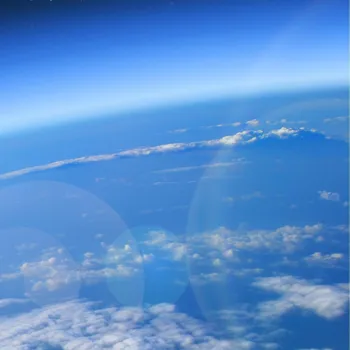
These flights, lasting for a relatively short duration, take passengers on a parabolic trajectory, reaching altitudes where they can experience a few minutes of weightlessness and witness the curvature of the Earth against the backdrop of the inky blackness of space.
For many, this brief but exhilarating experience is a stepping stone into a new era of personal space exploration. Companies like Virgin Galactic and Blue Origin have been at the forefront of this endeavour, successfully conducting test flights with civilian passengers.
Space tourism isn't only about the thrill of seeing Earth from space. It also provides opportunities for scientific experiments. Passenger astronauts conduct specialized tasks in space. These events give more avenues to progress in the area of space exploration.
These private companies are giving astronauts opportunities to explore space. It is also a big step in understanding space.
Orbital tourism: immersive space travel with SpaceX to ISS
Orbital tourism represents the next level of space travel. This is a far more immersive experience. Orbital tourists spend several days or even weeks orbiting the Earth, living and working in a space station or a dedicated orbital habitat.
This allows for extended periods of weightlessness, unparalleled views of our planet, and the chance to participate in scientific research. Space X has entered the orbital tourism market, sending private citizens to the International Space Station.
This allows astronauts to conduct experiments in space. Those in space are getting to know more about zero gravity situations and how they can better equip for longer period of space travel. The International Space Station is giving opportunities to many.
It is the first time where private tourists are going there to conduct experiments.
Private sector drives advancement in space tourism with lunar trips and space hotels on the horizon
Beyond the immediate horizon of suborbital and orbital flights, more ambitious plans are taking shape. Lunar tourism, envisioning trips to the Moon, is gaining momentum. Companies are developing lunar landers and habitats.
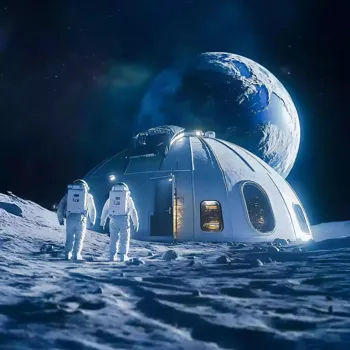
If all goes to plans, passengers can explore the lunar surface and witness earth rise from another celestial body. Similarly, concepts for space hotels and even interplanetary travel are being explored, these are far more complex endeavors.
Companies are giving opportunities to space travelers to experience the feel of space and zero gravity zone, which is quite different from living on earth. These adventures are thrilling and exciting to most space travellers. As technology improves, space travel will become more accessible.
One important feature about this private sector, is that these companies are coming up with better technology.
Space tourism faces challenges: cost, safety, and technology advancements
However, the future of space tourism is not without its challenges. The cost of space travel remains a significant barrier for most individuals. Furthermore, safety concerns are paramount.
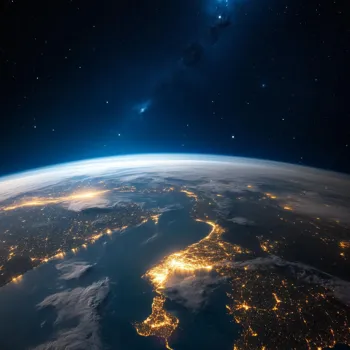
Space is a hostile environment, and ensuring the well-being of passengers requires rigorous testing, robust safety protocols, and highly trained personnel. Space tourism is still at an nascent stage, so it might be that there would be better opportunities in future to travel.
Safety protocols are in place to prevent any challenges from space exploration. This allows space travelers to plan better with space exploration. Moreover, private entities are coming up with better technology which would decrease the time of space exploration.
Space tourism's vast benefits include adventure, innovation, growth, and knowledge
Despite these challenges, the potential benefits of space tourism are immense. Besides offering unparalleled adventure experiences, it can drive technological innovation, stimulate economic growth, and increase scientific knowledge.

The nascent industry promotes advances in rocketry, propulsion systems, and life support technologies. This would allow individuals to travel to the deeper part of the universe. As more and more are exploring, there would be opportunities to find planets which are habitable for all.
This adventure can bring about a positive impact to our earth. As tourists starts to travel to space, the earth can become a more developed place.
Space tourism evolving, becoming more accessible and transformative for adventurers
As space tourism evolves, it is likely to become more accessible, more diverse, and more impactful. Lower costs, improved safety, and a wider range of destinations will open up space travel to a broader segment of the population.

However, space tourism will always be a unique and transformative experience. Not everyone will get to experience these adventures in life. More so, these travels are highly coveted among individuals.
As technology improves and discoveries are made, more and more individuals will get the opportunity explore. The opportunity allows adventurers to explore space and experience the unique environment.
AI Generated Content. Glance/InMobi shall have no liability for the content


